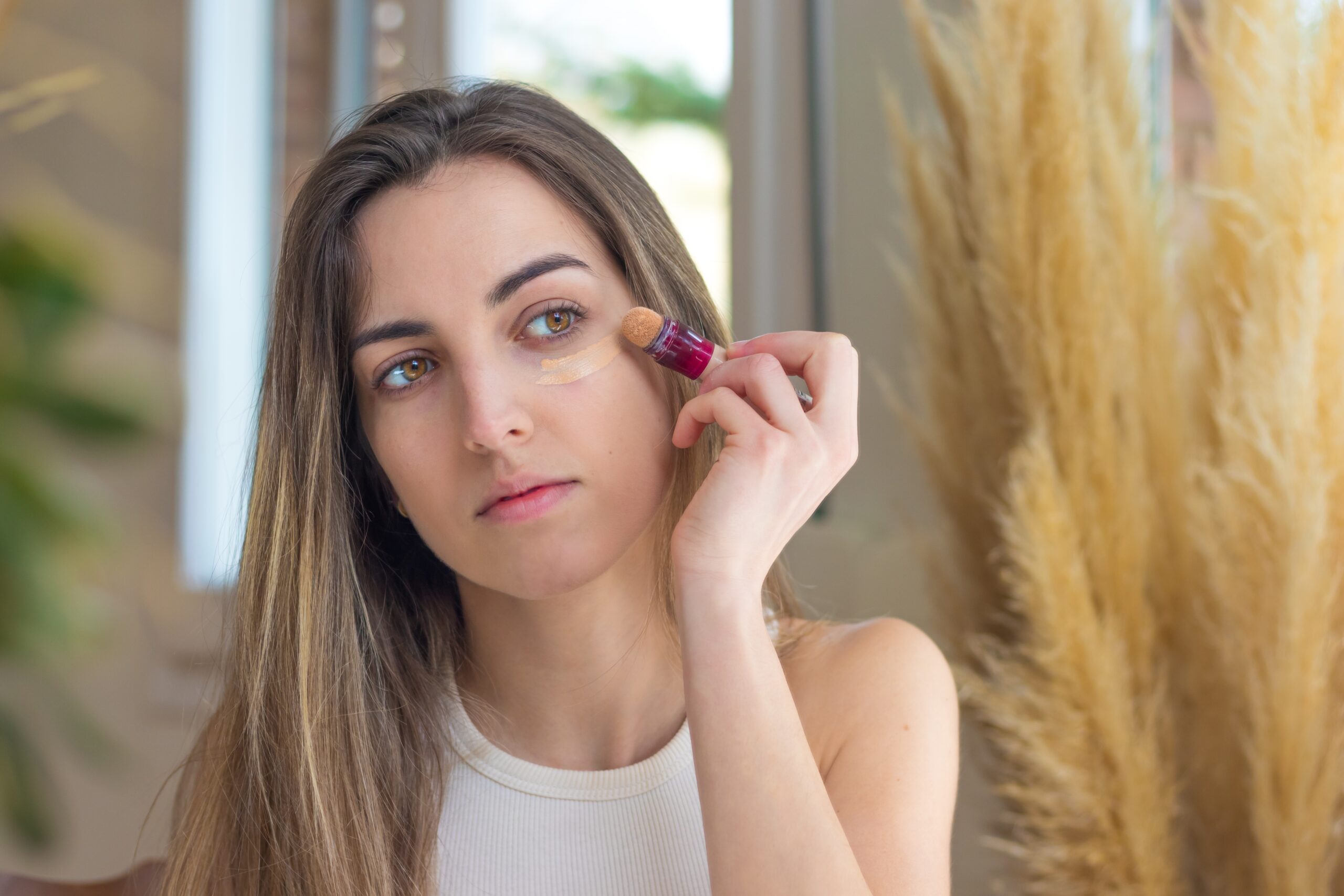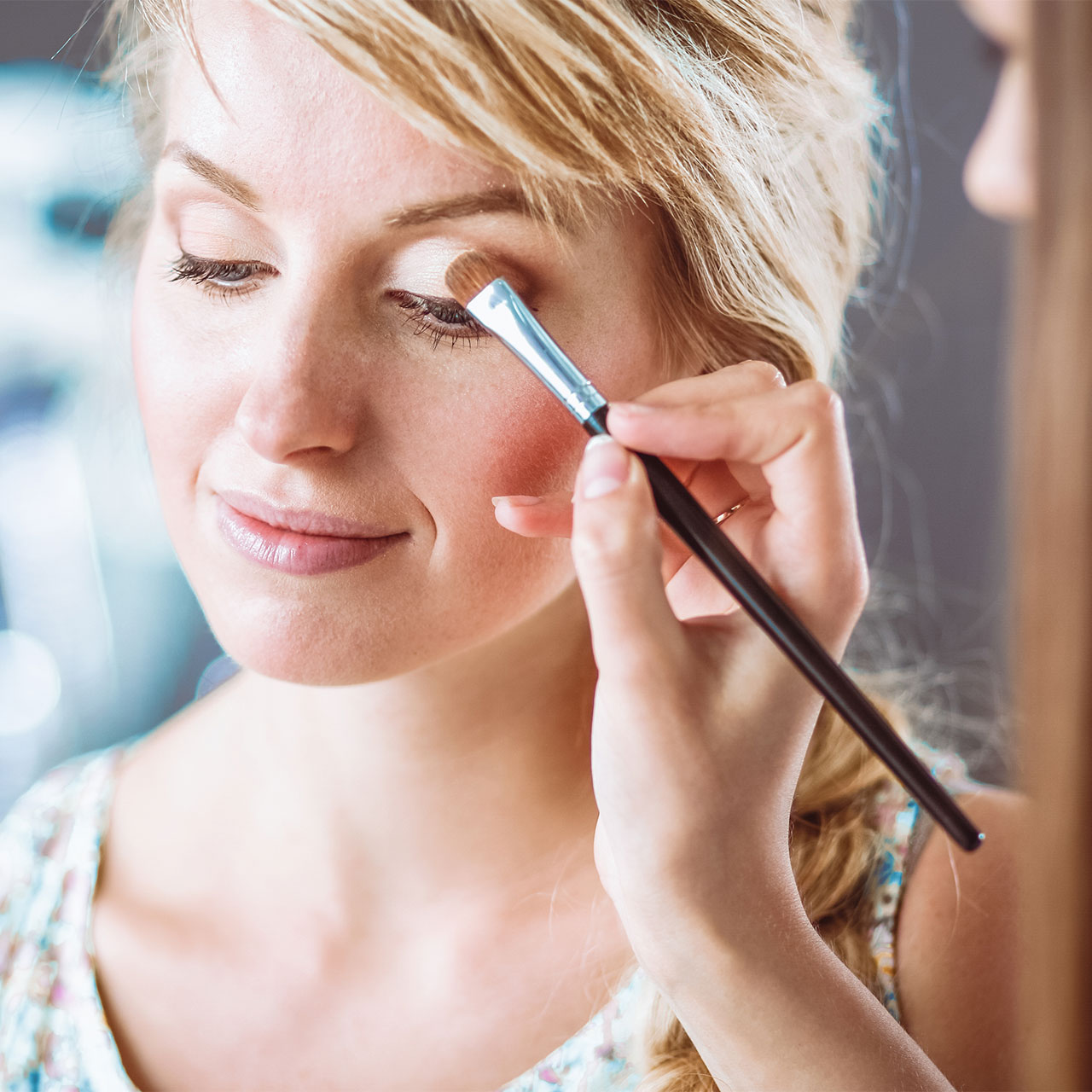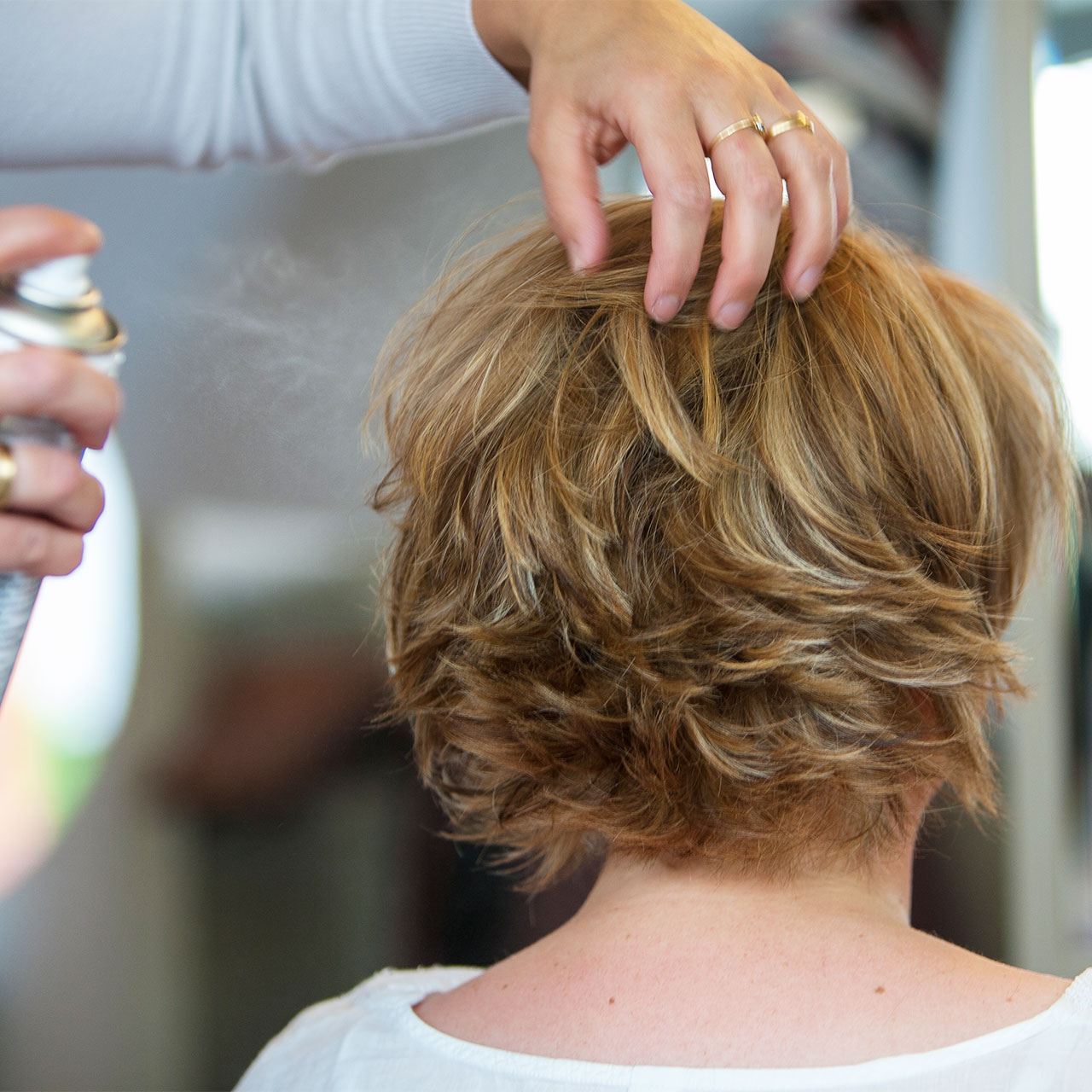As you grow older, the barrier of your skin begins to grow more delicate, and collagen production may begin to decrease, resulting in the appearance of fine lines and wrinkles. There are a number of powerful ingredients you can include in your skincare routine which can help to keep signs of aging at bay, but there’s also a chance your beauty lineup may be making your skin worse.
The ingredients you should be using change with your skin as you age, and mature skin should be treated with a gentler touch than the skin of your youth. Unsure which ingredients should be cut from your lineup to guarantee the healthiest complexion? We checked in with Dr. Amir Karam, Board Certified Facial Plastic Surgeon and Brand Founder for a complete breakdown of what not to use on your skin as you grow older to maintain hydration and a natural glow.

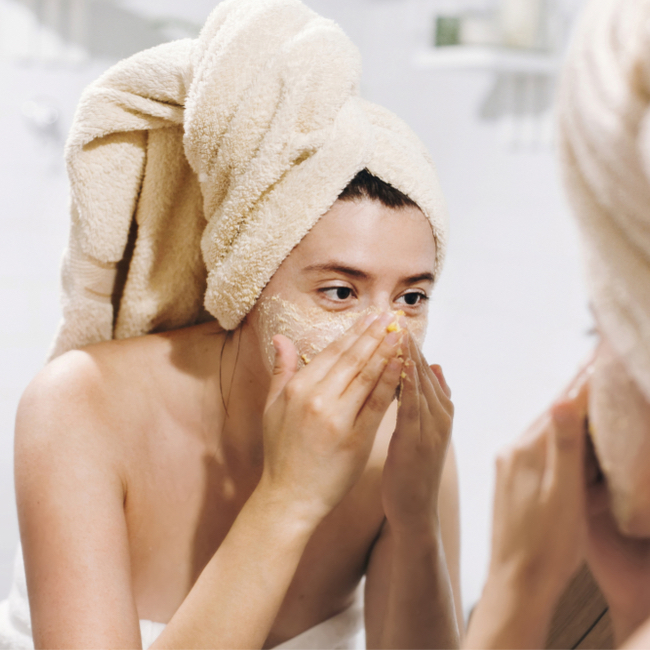
Harsh Scrubs
Exfoliation is a valuable addition to your skincare routine, but much like a healthy diet, it should be done in moderation. While dead skin can build up on your complexion over time, leading to a dull and flaky appearance, overusing these harsh scrubs will more than likely dry out your skin, drawing attention to fine lines and wrinkles.
“There are some cleansers that have abrasive particles like bamboo in them to give some level of exfoliation during the cleansing step. That can be highly drying,” warns Karam. Making sure to exfoliate only once each week will provide all the benefits without putting your skin at risk and weakening the outer layer of the dermis, which will in turn solidify healthier skin.
Foaming Cleansers
Surprisingly enough, foaming cleansers may also put your skin at risk, drying out your complexion which can put an emphasis on fine lines that may not be as apparent if your skin is hydrated. “Highly foaming or foamy cleansers can also be very drying as they are abrasive to the skin,” notes Karam.
If you haven’t caught on already, the name of the game for mature skin is maintaining moisture, so any drying ingredient is essentially a no-go as it can work to age your skin further. Instead, a more gentle, unscented cleanser that does not foam is going to be your best bet for a fresh complexion that isn’t entirely devoid of hydration.
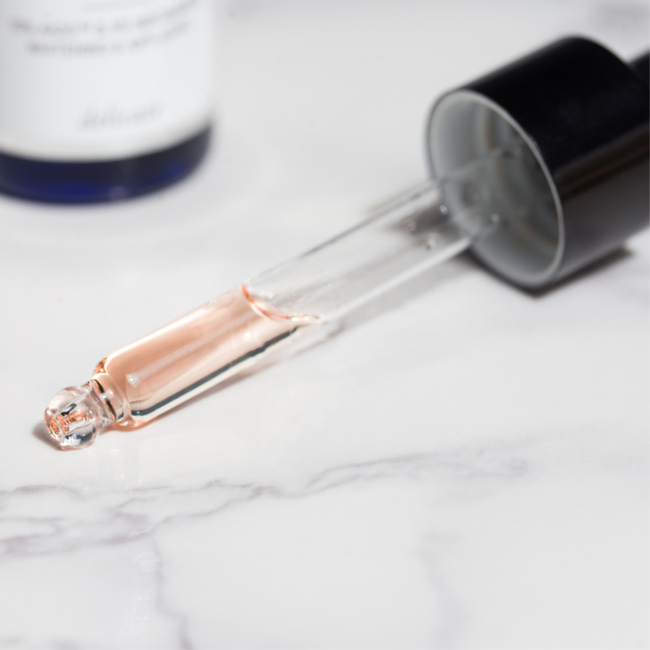
Salicylic Acid
Salicylic acid is often also used to exfoliate, and while it may not be as abrasive as a scrub, it can still strip the skin of moisture which can make you look older than you might like. “If [salicylic acid] is used too frequently as a measure of exfoliation or an at home chemical peel more than once a week or every other week, the skin has a tendency to become dry as a result, which is harsh on the skin as well,” explains Karam.
This is another ingredient which is best kept to a minimum or not at all within your skincare routine, but if you do opt for salicylic acid occasionally, make sure to follow up with a thick and hydrating moisturizer to replenish the barrier.
Alcohols
Cleansers that contain alcohol as a main ingredient are also incredibly drying and therefore should be avoided when washing mature skin. “There are some cleansers with alcohol and there are some essences that you can spray on your face that have alcohol—anything like that can potentially cause the skin to become more dry and further cause the dull effects and the lack of hydration and suppleness that you see in youthful skin,” warns Karam. In order to combat this dryness, finding a cleanser specific for dehydrated or mature skin can help to nourish your complexion, and opting out of alcohol based skincare products will allow your skin to appear bright and youthful at any age.













